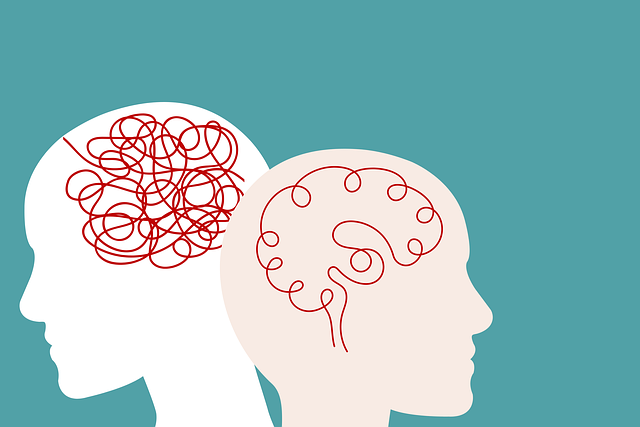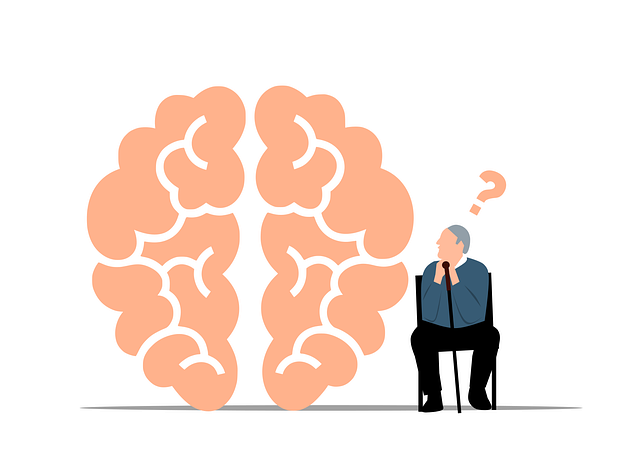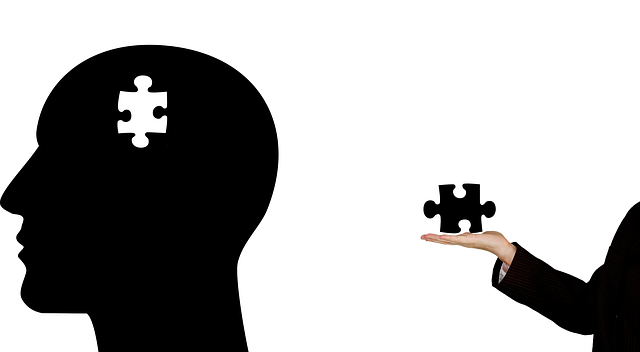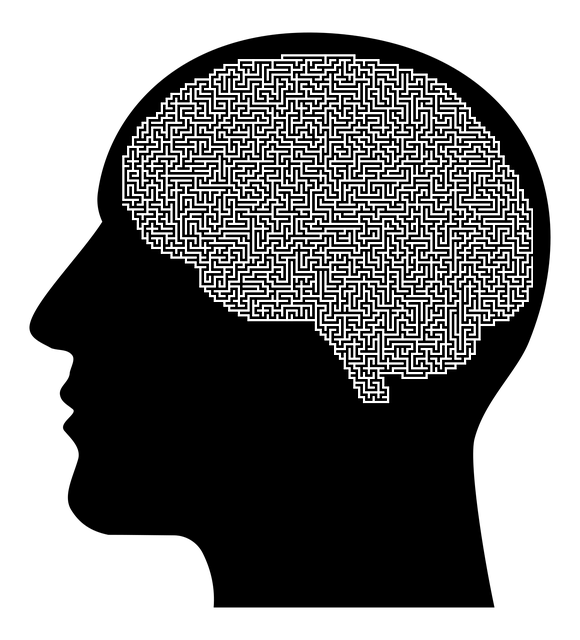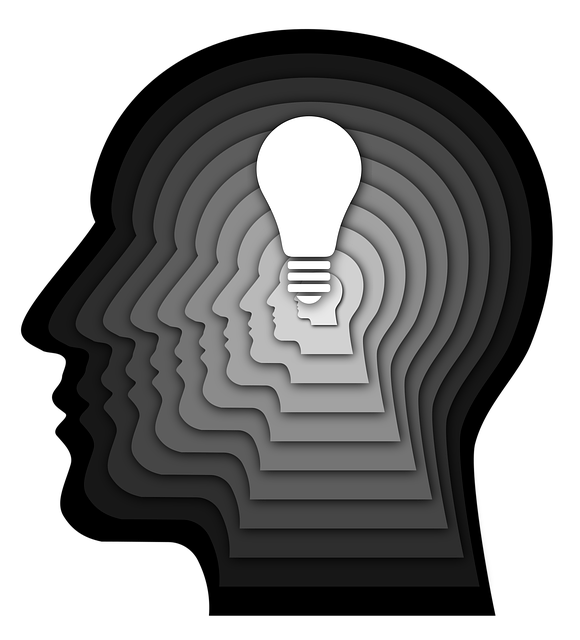Understanding mental wellness requires acknowledging its emotional, psychological, and social dimensions. Self-assessment tools, enhanced by Superior Acceptance and Commitment Therapy (ACT), are key for evaluating mental health, identifying areas of improvement, and recognizing when professional help is needed. ACT promotes acceptance without judgment, fostering well-being through flexible mindset development. Integrating ACT principles into self-assessment tools provides deeper insights, empowering individuals to make informed decisions and commit to values-driven actions for proactive mental wellness enhancement. Rigorous testing ensures these tools are accurate and effective, reflecting an individual's mental wellness state while aligning with evidence-based therapies like ACT.
Mental wellness self-assessment tools have gained prominence as essential resources for individual awareness and support. This article delves into the development of such tools, focusing on the integration of Superior Acceptance and Commitment Therapy (ACT) principles. We explore key aspects from understanding mental wellness to designing effective assessments, integrating ACT into user experiences, and ensuring validity through rigorous testing. By the end, readers will grasp how these tools can enhance self-care and promote well-being.
- Understanding Mental Wellness and Self-Assessment Tools
- The Role of Acceptance and Commitment Therapy (ACT) in Self-Assessment
- Designing Effective Self-Assessment Tools for Mental Health
- Integrating ACT Principles into User Experience Design
- Testing, Validity, and Reliability: Ensuring Tool Accuracy and Effectiveness
Understanding Mental Wellness and Self-Assessment Tools

Understanding mental wellness involves recognizing that it encompasses our emotional, psychological, and social well-being. It’s about how we think, feel, and act in various aspects of life—from handling stress to relating to others. Self-assessment tools play a pivotal role in this journey by offering individuals a way to evaluate their current mental state and identify areas for improvement or potential issues that require professional attention. These tools are essential components in initiatives such as depression prevention and the development of effective mental wellness coaching programs.
One evidence-based approach gaining significant traction is Superior Acceptance and Commitment Therapy (ACT). ACT encourages individuals to accept their thoughts and emotions without judgment, promoting a flexible mindset that fosters well-being. By integrating self-assessment tools tailored to this therapy, people can gain deeper insights into their mental health, enabling them to make informed decisions about their lives and commit to values-driven actions. This proactive approach is key to enhancing and maintaining mental wellness.
The Role of Acceptance and Commitment Therapy (ACT) in Self-Assessment

Acceptance and Commitment Therapy (ACT) plays a pivotal role in the development of superior self-assessment tools for mental wellness. This evidence-based therapy focuses on fostering individual resilience, self-awareness, and psychological flexibility. By integrating ACT principles, such as mindfulness, acceptance, and values clarification, self-assessment tools can effectively guide users through crisis intervention and promote positive behavioral changes.
Self-Awareness Exercises, a core component of ACT, empower individuals to observe their thoughts and emotions without judgment. This heightened mental health awareness enables people to make informed decisions about their behaviors, ultimately leading to improved overall Mental Health Awareness. By combining these practices with user-friendly interfaces, self-assessment tools can offer personalized guidance tailored to individual needs, enhancing the effectiveness of support for better mental wellness outcomes.
Designing Effective Self-Assessment Tools for Mental Health

Developing effective self-assessment tools for mental health is a multifaceted process that requires careful consideration of various therapeutic approaches. One such approach, Superior Acceptance and Commitment Therapy (ACT), emphasizes the importance of accepting one’s thoughts and emotions while committing to actions aligned with personal values. Incorporating ACT principles into self-assessment tools can enhance their effectiveness by promoting psychological flexibility and fostering meaningful goal pursuit.
These tools should also integrate practices like mindfulness meditation and coping skills development, as they enable individuals to cultivate present-moment awareness and effectively manage distressing thoughts and feelings. Additionally, crisis intervention guidance within these assessments can provide timely support during periods of acute mental health challenges, ultimately contributing to more holistic and impactful self-improvement journeys.
Integrating ACT Principles into User Experience Design

Integrating ACT Principles into User Experience Design is a strategic approach to enhancing mental wellness self-assessment tools. Acceptance and Commitment Therapy (ACT) emphasizes psychological flexibility, acceptance, mindfulness, and value-driven actions, which can be powerful components in improving user experiences for self-assessments. By incorporating these principles, tools can foster a sense of non-judgmental exploration, encouraging users to engage with their thoughts and emotions without avoidance or resistance. This promotes a more authentic connection with mental health, reducing potential barriers often associated with traditional assessment methods.
This integration goes beyond mere content; it involves designing interfaces that reflect ACT’s values. For instance, tools can employ intuitive navigation and simple language to reduce cognitive load, ensuring accessibility for diverse users. Visual elements and interactive features that encourage mindfulness practices during the assessment process can enhance engagement and make self-reflection more enjoyable. In light of a robust Mental Health Policy Analysis and Advocacy landscape, such innovative designs contribute to the development of effective burnout prevention strategies and support the growth of mental wellness coaching programs.
Testing, Validity, and Reliability: Ensuring Tool Accuracy and Effectiveness

When developing self-assessment tools for mental wellness, testing, validity, and reliability are paramount to ensure the tool’s accuracy and effectiveness. Rigorous testing involves comparing the tool’s outcomes against established standards and expert judgments. This process helps identify any biases or limitations, ensuring that the assessments accurately reflect an individual’s mental wellness state. Validity is crucial, as it establishes how well the tool measures what it intends to measure, such as symptoms of anxiety or depression. Reliability, on the other hand, pertains to the consistency of results over time and across different administrations, a key factor in gaining superior acceptance for evidence-based therapies like Acceptance and Commitment Therapy (ACT).
Incorporating robust testing methods and ensuring high validity and reliability are essential steps in developing tools that aid mental health professionals in their risk assessment practices. This not only strengthens the tool’s credibility but also enhances its utility in public awareness campaigns development, promoting better stress management strategies among individuals seeking support for their mental wellness.
The development of mental wellness self-assessment tools, guided by Superior Acceptance and Commitment Therapy (ACT) principles, represents a promising approach to enhancing mental health support. By integrating ACT’s focus on acceptance, mindfulness, and committed action into user experience design, we can create effective and accessible tools that empower individuals to take control of their mental well-being. Through rigorous testing, validity, and reliability assessments, we ensure these tools accurately assess and address users’ unique needs, fostering a more comprehensive and holistic approach to mental health care.

